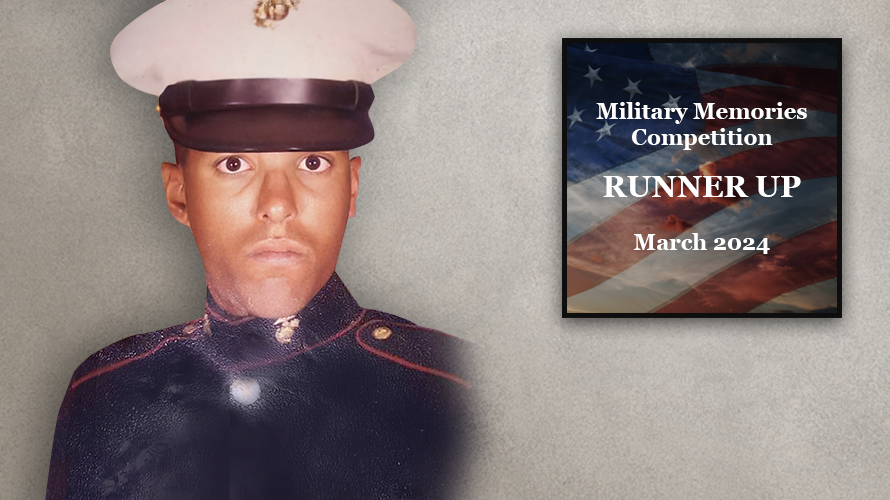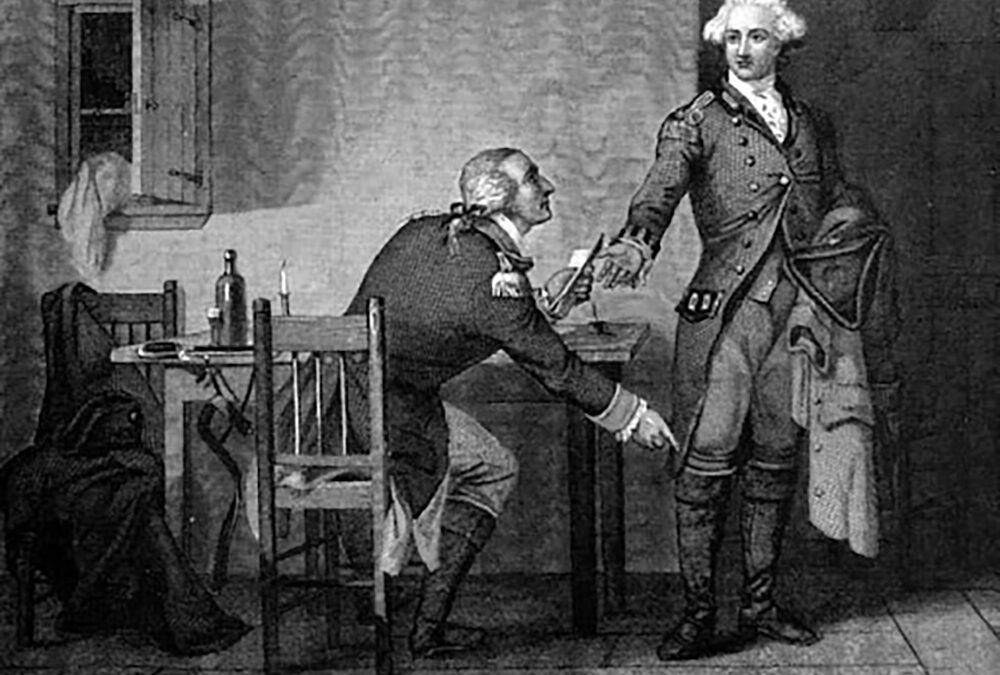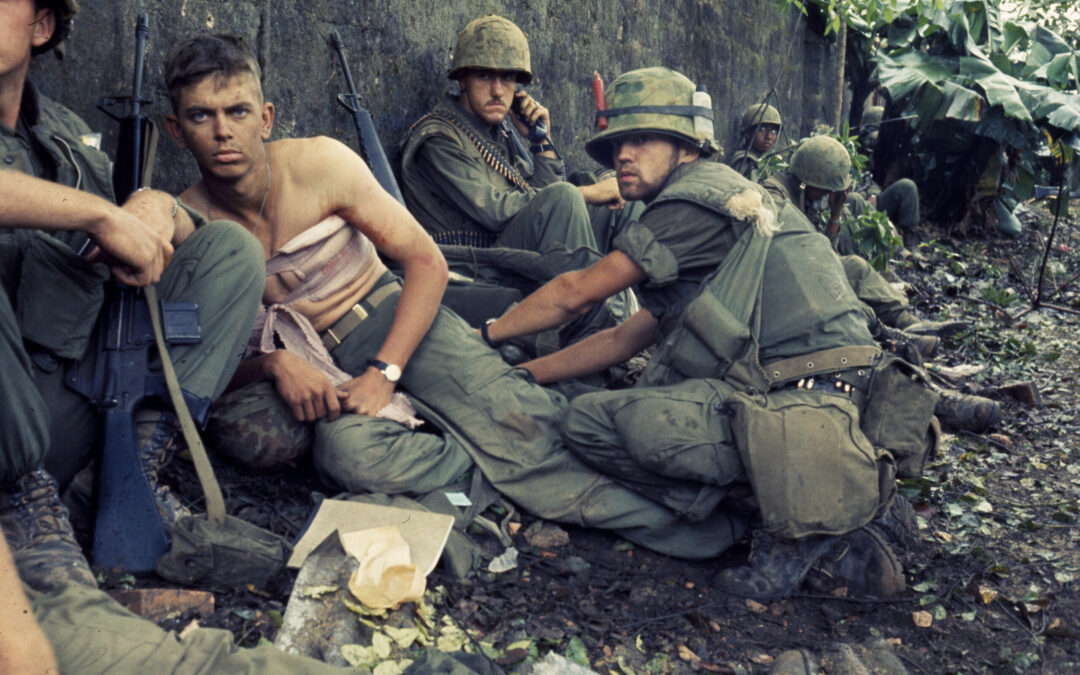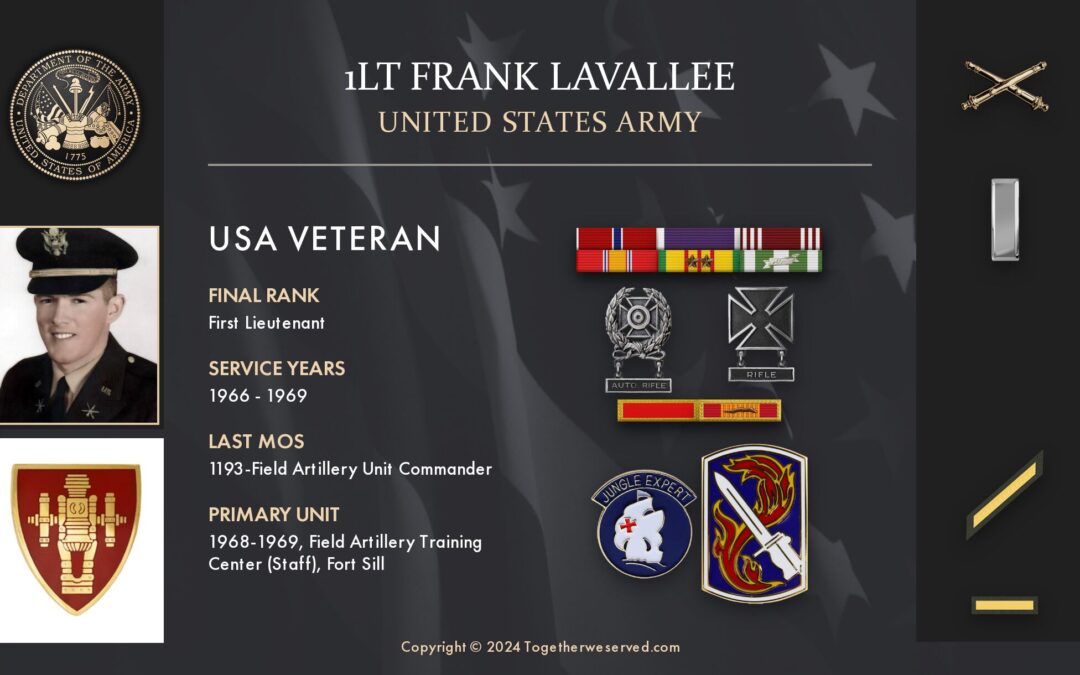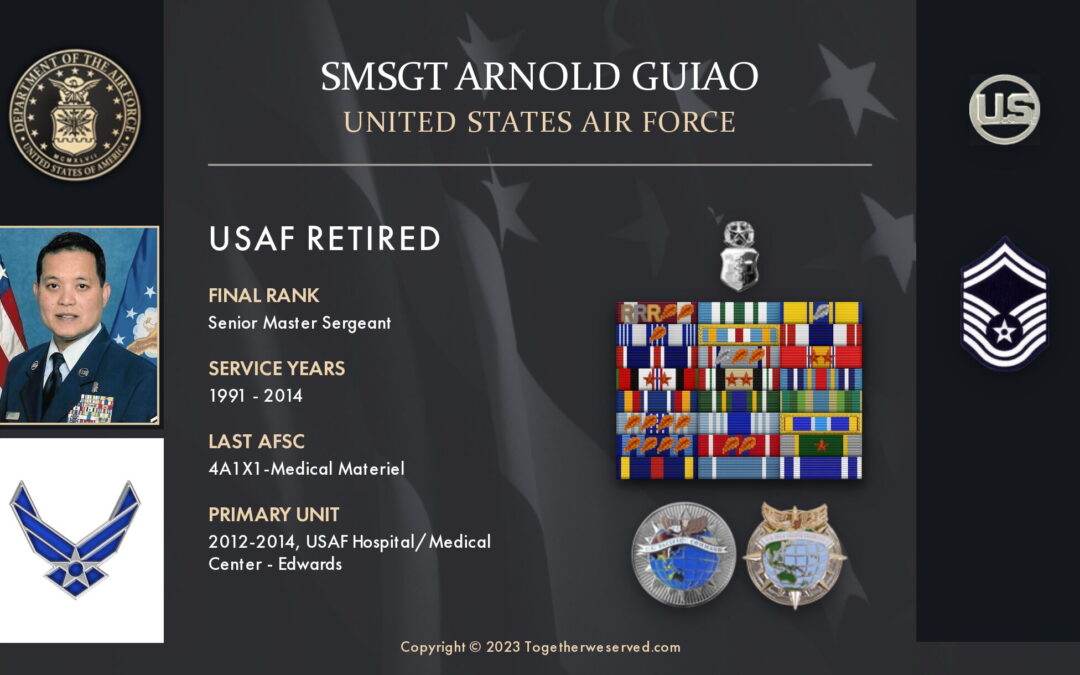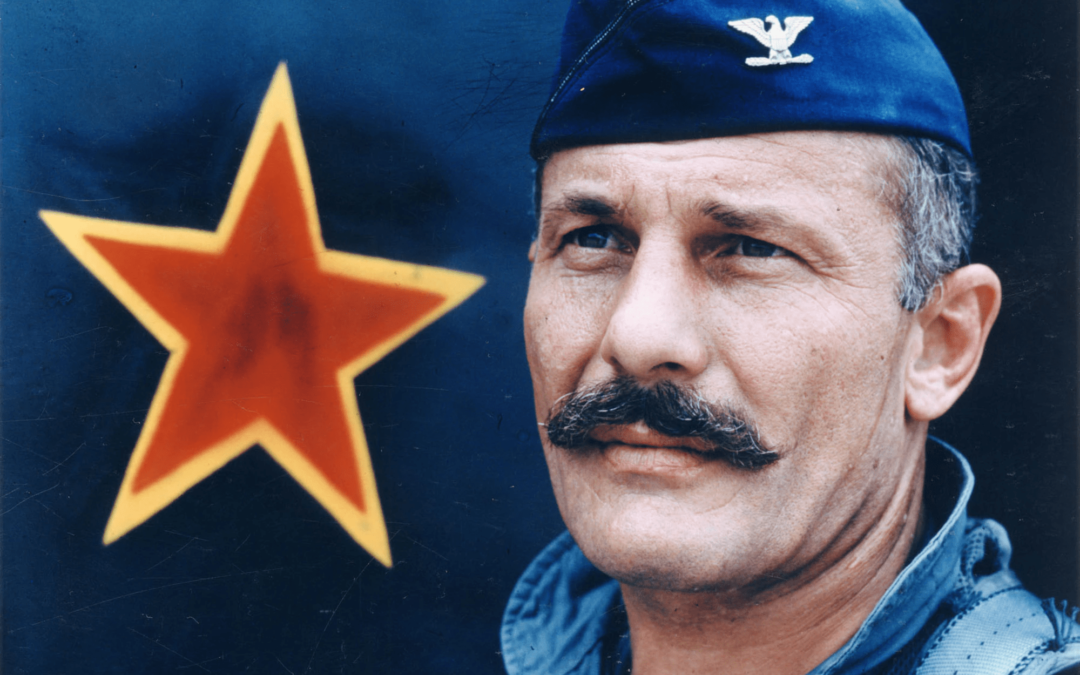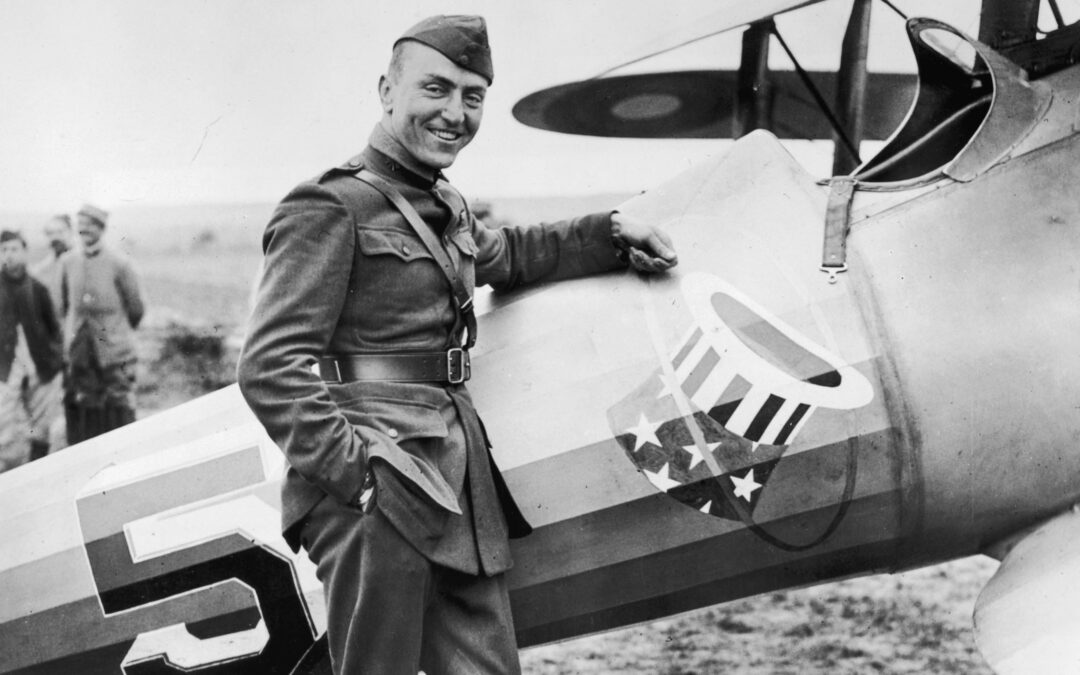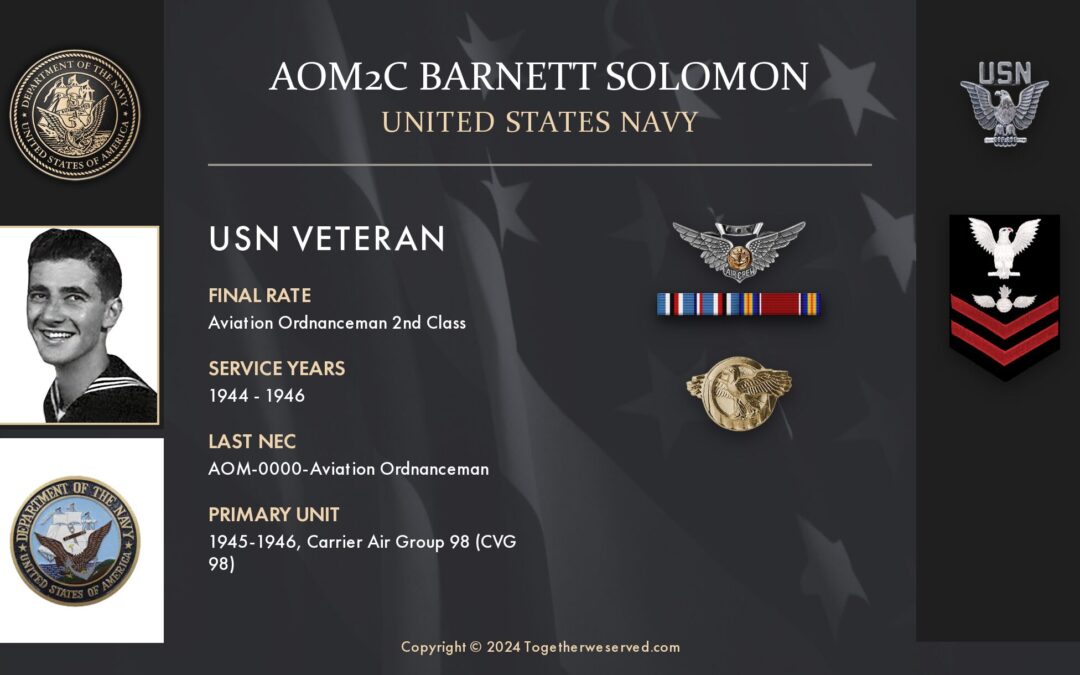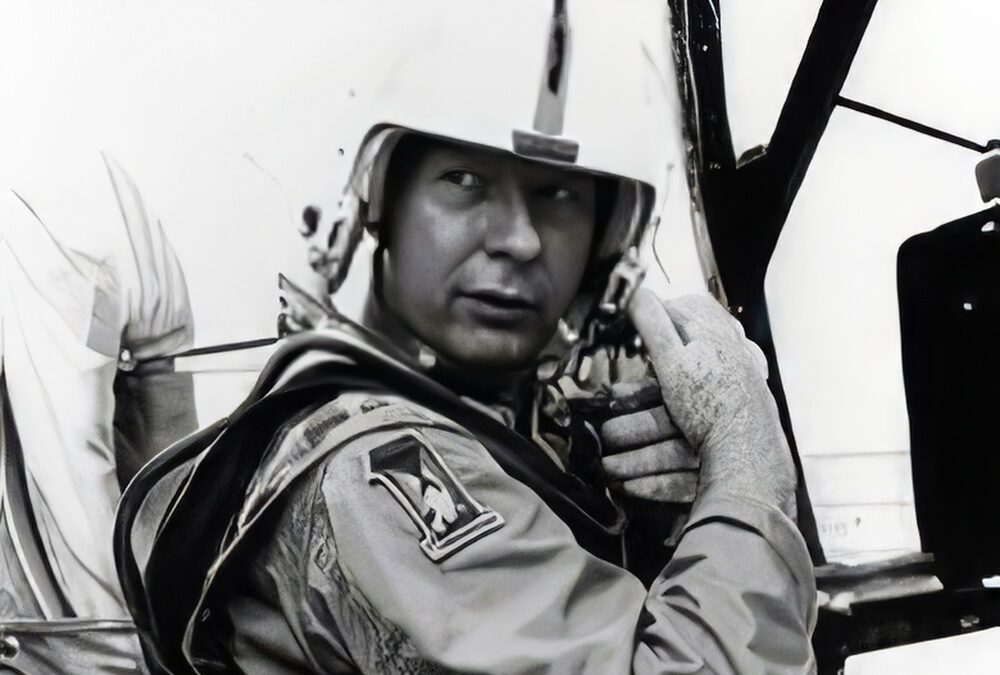List the names of old friends you served with, at which locations, and recount what you remember most about them?:
My best friend from Chicago, Miguel Morales, and I joined the U.S. Marine Corps together. In boot camp, we were required to stand on our footlocker every evening, and when the Drill Instructor stood before us, we had to yell, “Sir, recruit (so-and-so) has no physical or mental problems to report, Sir!” We had to yell this loud and so fast that you could barely understand what the recruits were saying. Well, my friend Miguel’s bunk was right next to mine. Miguel, always the joker, whispered *watch this*, and when Staff Sargent Martinez came before him, he yelled, “Ra Ra Ra Ra Ra Ra Ra Ra Ra Ra Ra!”
